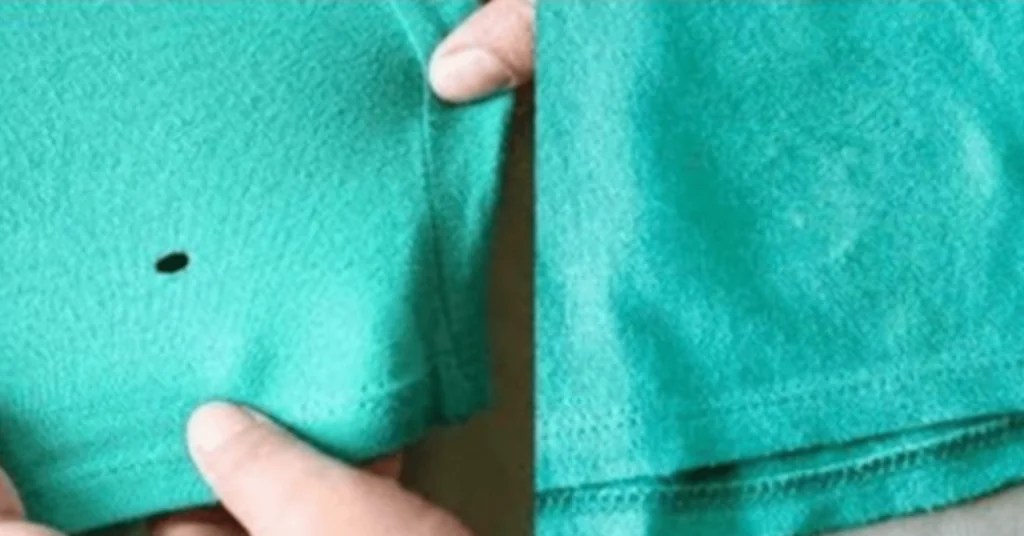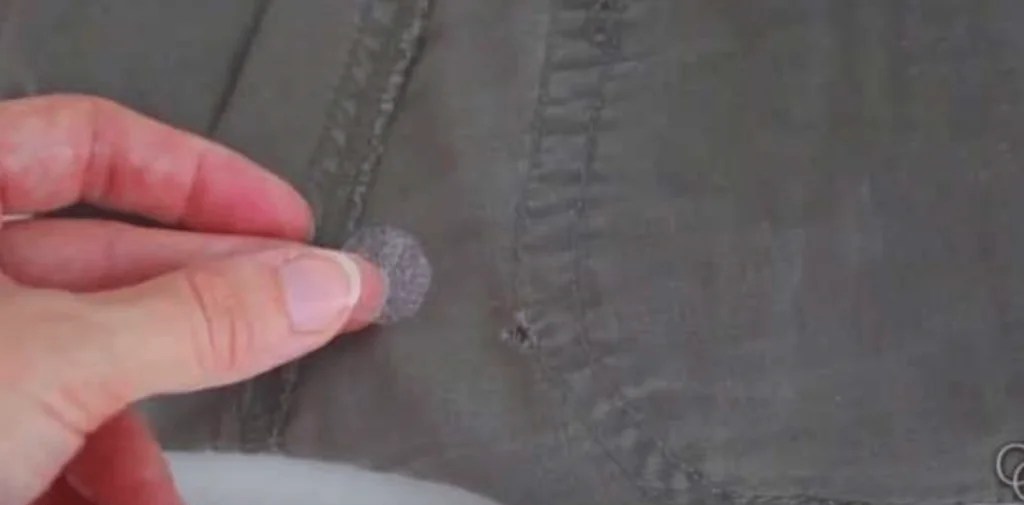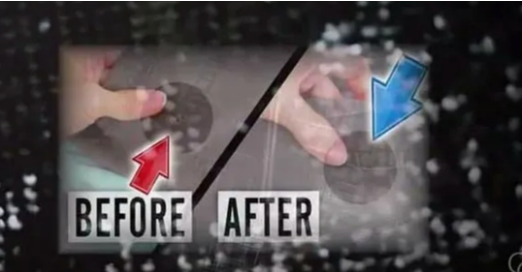Don’t Panic Over a Hole in Your Favorite Clothes!
If you find a hole in your beloved garment, there’s no need to fret! You don’t need to be an expert seamstress to fix it. This easy method is perfect for small holes and doesn’t require any visible stitches. With a bit of practice, you can mend those pesky pinpricks in just a few minutes.

What Causes These Holes?
While moths are often the culprits, they aren’t the only cause of holes in clothing. Regular wear and tear, snags from daily items and accessories, and various other factors can lead to these frustrating holes. Common causes include zippers, bras, belts, washing machines, chlorine bleach, and rough surfaces.
How to Prevent Holes in Your Clothes

Here are some simple tips to help keep holes from ruining your favorite outfits:
- Belt Buckles: If you find holes at the bottom of your shirts, it might be due to belt buckles rubbing against the fabric. Try going beltless, adjusting the belt’s position regularly, or smoothing any rough edges with sandpaper.
- Zippers: If you tuck your shirts into jeans, the holes could be caused by the zipper. Zippers can also damage clothing in the washing machine. To prevent this, always zip up your jeans, hoodies, and other garments before washing them. It’s also a good idea to close bras before washing to prevent metal clasps from snagging onto other clothing. Using a washing bag can keep bras separate, especially if they tend to unclasp during washing.
- Overloading the Washing Machine: Overloading can cause holes in your clothes. Remember to turn items with beads, buttons, or other decorations inside out before washing. Additionally, keep delicate materials like cotton and silk separate from sturdier pieces like sheets and towels. For delicate items, opt for a gentle spin cycle.
- Chlorine Bleach: Avoid using chlorine bleach excessively, as it can result in holes in clothing. Consider using environmentally-friendly alternatives like vinegar, citric acid, or baking soda.
- Moths: Moths are notorious for causing holes, especially in materials like wool, silk, and leather, but they can damage other fabrics too. To repel moths, place dried lavender in mesh bags or use essential oils like mint. If you have a severe infestation, wash your clothes in warm water and clean your closet with vinegar.
- Rough Surfaces: Be mindful of rough surfaces such as bricks, nails, wood, and stone. Bumping or rubbing against these surfaces can lead to snags and holes.
No-Sew Hole Repair Method

You can fix holes in your clothes without sewing using this simple method. Here’s what you’ll need:
- Clothes with holes measuring 5 mm or less
- An iron
- Fusible bonding web
- A large piece of wax paper
Instructions:
- Turn the damaged piece of clothing upside down, with the hole facing outwards, on an ironing board.
- Cut a slightly larger piece of fusible bonding web than the hole itself.
- Push both sides of the hole together and place the fusible bonding web over it. Then, place the wax paper over the same spot.
- Set your iron to the “wool” setting and iron over the wax paper.
- Check if the hole has disappeared. If not, repeat the ironing process two or three more times. Your damaged clothes will look as good as new!
Remember to share this article with your family and friends on Facebook. Spread the love and ease of repairing clothes without a stitch!







